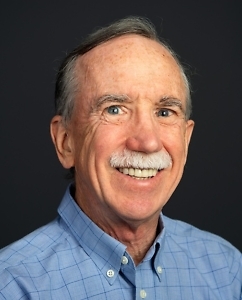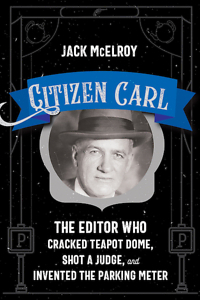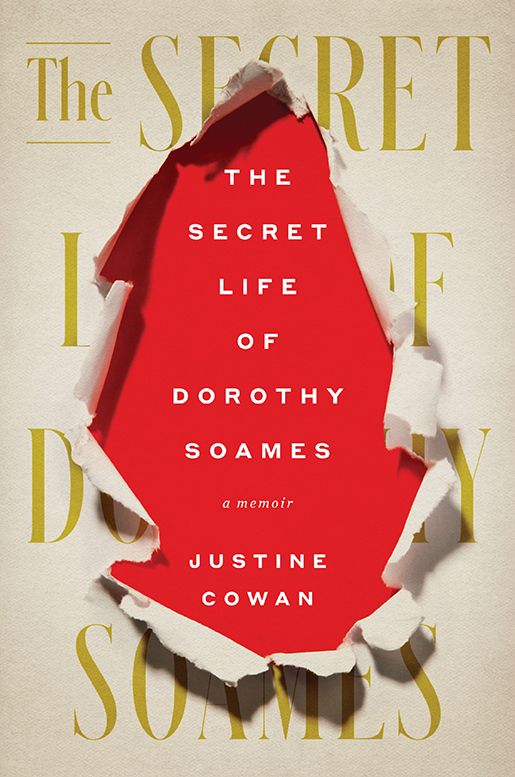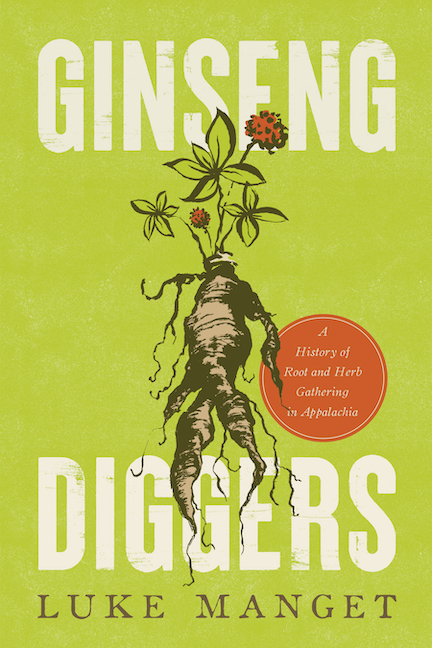The Good Fight
Crusading newspaper editor Carl Magee comes alive in compelling biography Citizen Carl
As a career newspaperman, including 17 years as executive editor of the Knoxville News Sentinel, author Jack McElroy recognizes a good story. He’s got a great one in Citizen Carl, his new biography of crusading journalist Carl Magee, who a century ago raked muck, roused rabble, and made best enemies with some of the most powerful men of the day, from his home base in New Mexico all the way to Washington.

For his efforts, Magee was punched, sued, arrested, and jailed. But nothing put him off his quest for “the whole truth about everything as near as I could get the truth.”
“Some folks found it all rather annoying,” McElroy writes, with wry understatement.
Reporting the truth and catching grief for it — that’s just an average Monday morning in the newspaper business, of course. What set Magee apart, what makes his career so compelling, is his dogged determination and utter fearlessness. It’s not that he didn’t run from a fight. He relished the fight — and the bigger the foe, the better.
For a man who coined (with a little help from Dante’s The Divine Comedy) the iconic newspaper motto
“Give Light and the People Will Find Their Own Way,” Magee’s style was more pugnacious. In chasing the story, he’d sometimes become the story. He was “addicted to the limelight … delighting in the conflicts that swirled around him like desert dust devils,” McElroy writes. “The men who assaulted him were not unprovoked. He had goaded them with accusations of corruption and deceit. Whenever attacked, Magee fought back with gusto, too, usually in words, but sometimes with fists, and once with a gun.”
Magee’s powerful enemies included a U.S. senator who later served as secretary of the interior, Albert Fall. You may know that name even if you don’t know Magee’s. Fall became the first U.S. Cabinet secretary to be imprisoned for corruption, after receiving a bribe in return for valuable oil leases in the Teapot Dome scandal of the 1920s.
Investigations lasted for years, with many players involved, but the book’s subtitle crediting Magee as the journalist who “cracked” the case seems apt. It was Magee, McElroy notes, who put a fine point on Fall coming into considerable, and suspicious, sums of money:
Where did Fall get his money? The question would come to shape the Teapot Dome investigation just as another question — “What did the president know and when did he know it?” — would guide the Watergate probe a half a century later.
 Then there was Magee’s feud with district judge David Leahy, who called his nemesis “a greater menace to civilized society, to the lives and liberties of the people generally, than is the cow thief or horse thief.”
Then there was Magee’s feud with district judge David Leahy, who called his nemesis “a greater menace to civilized society, to the lives and liberties of the people generally, than is the cow thief or horse thief.”
Their war went beyond words. In 1925, Leahy attacked Magee in a New Mexico hotel lobby. Magee, having anticipated possible violence because of their bad blood, had packed his .25-caliber Colt automatic. Under attack, Magee shot and injured his attacker — but the first of three shots struck John B. Lassetter, a Highway Department project engineer who was trying to break up the fight.
Magee would be acquitted before his trial for manslaughter went to the jury — but he had killed a man.
In almost any other life, it would have been the defining moment, overshadowing all else. In Magee’s life, the incident almost had an inevitability about it, and thus fits rather neatly — if bloodily — into the larger narrative. Nasty business, those days in newspapering. Dangerous work, always, taking on the powers that be — playing demolition derby with political machines.
Magee’s was an altogether remarkable life — and we’ve just covered his newspaper days in this space. He was also a teacher, attorney, entrepreneur, avid civic booster, inventor. Yes, like it says in the subtitle, he really did invent the parking meter, in the 1930s, to ease downtown parking congestion in Oklahoma City, where he moved after leaving New Mexico.
The author rightly calls the parking meter Magee’s “most enduring mark on the world.” But it’s Magee’s newspaper career, filled with crusades and controversies, trials and truth-telling, that makes Citizen Carl a book to recommend.
Read it, and see if you don’t find that its themes — facts vs. lies, corruption, public feuds as spectator sport — still resonate today.

David Wesley Williams is the author of the novels Everybody Knows (JackLeg Press, 2023) and Long Gone Daddies (John F. Blair, 2013). His short fiction has appeared in Oxford American, Kenyon Review Online, and in Akashic Books’ Memphis Noir. He lives in Memphis.


